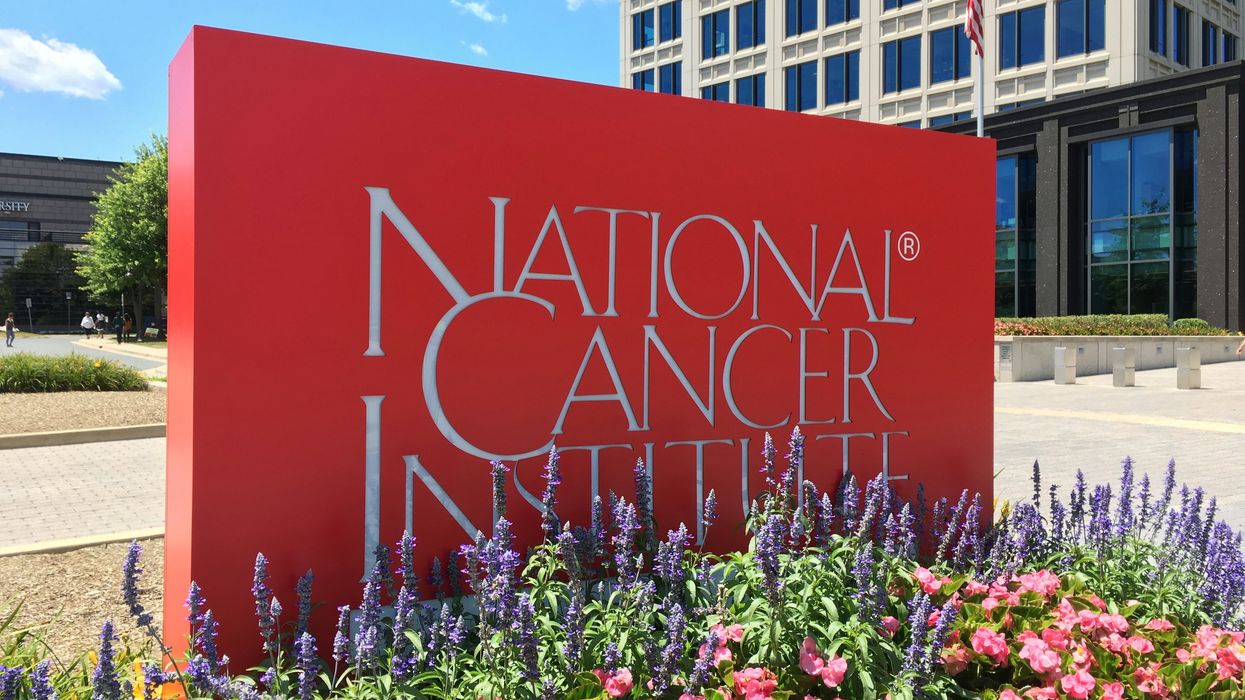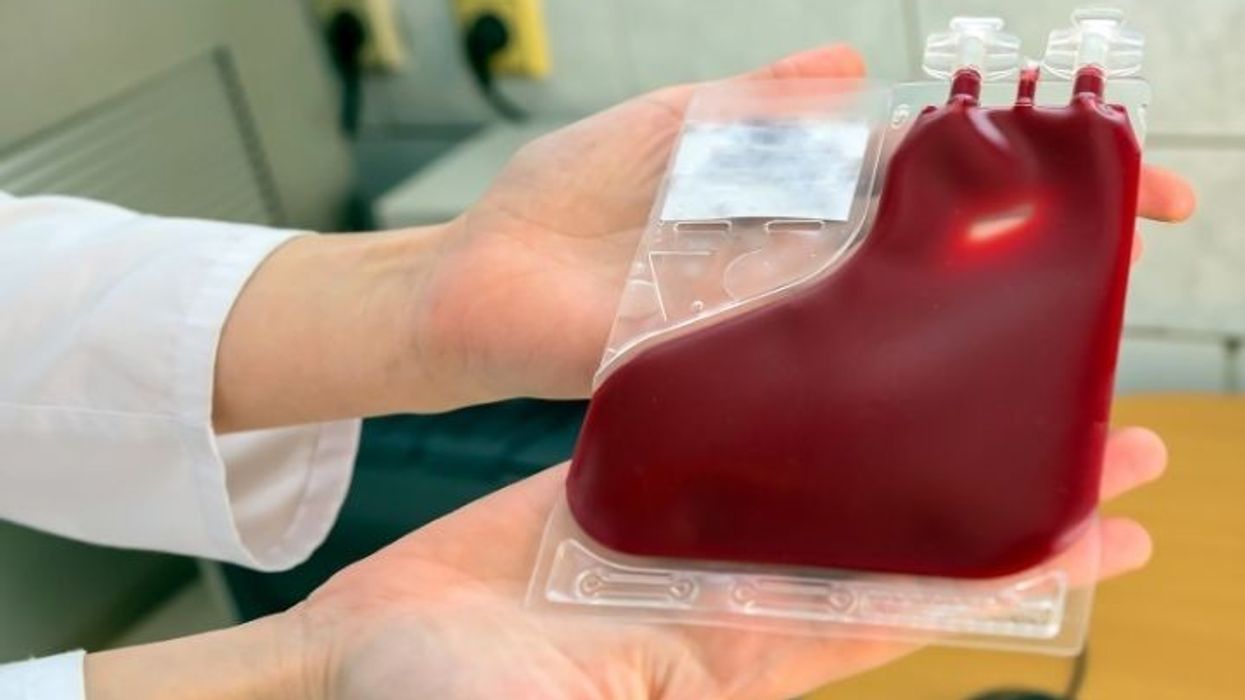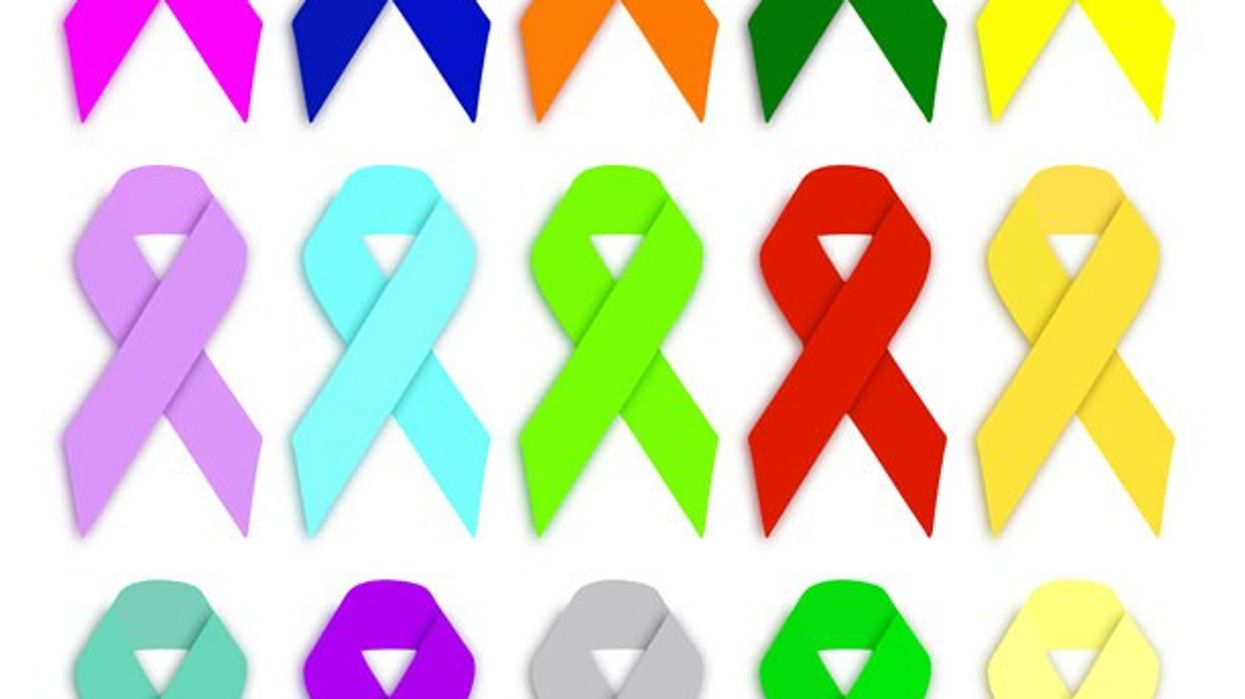Gynecological Awareness Month, observed annually in September, is dedicated to raising awareness about the importance of gynecological health, encouraging women to prioritize regular screenings, and fostering education about reproductive health issues. This month is an opportunity for women to learn about their bodies, recognize potential health concerns, and take proactive steps to maintain overall well-being.
The Importance of Gynecological Awareness
Gynecological health plays a crucial role in a woman’s overall health and well-being. This includes not only reproductive health but also issues like hormonal balance, urinary tract health, and gynecological cancers. Gynecological Awareness Month was established by the Foundation for Women’s Cancer as a way to raise public awareness about gynecologic cancers and other important women's health issues.
- Encouraging Regular Screenings
One of the primary objectives of Gynecological Awareness Month is to emphasize the importance of regular gynecological exams. These exams help detect early signs of health issues like cervical cancer, ovarian cancer, and sexually transmitted infections (STIs). Pap smears and HPV tests are critical in detecting cervical cancer, one of the most preventable cancers when caught early. According to the American Cancer Society, routine screenings and HPV vaccination have significantly reduced the incidence of cervical cancer over the past few decades . - Promoting Education on Gynecological Conditions
Gynecological Awareness Month also seeks to inform women about common gynecological conditions, such as polycystic ovary syndrome (PCOS), endometriosis, and fibroids. These conditions can affect fertility, cause chronic pain, and interfere with daily life. Many women suffer from these conditions without realizing that effective treatment options are available. Spreading awareness encourages women to seek treatment and avoid suffering in silence. - Raising Awareness About Gynecologic Cancers
Gynecologic cancers, including cervical, ovarian, uterine, vaginal, and vulvar cancers, are serious health concerns that affect thousands of women every year. According to the Centers for Disease Control and Prevention (CDC), over 100,000 women are diagnosed with a gynecologic cancer each year in the U.S. alone . Gynecological Awareness Month serves as a reminder that early detection and prevention are key in fighting these cancers. Education about symptoms, risk factors, and screening recommendations can save lives.
Key Things Women Should Know
- The Importance of Regular Gynecological Visits
It’s recommended that women begin visiting a gynecologist in their late teens or early 20s, or when they become sexually active. Regular visits allow healthcare providers to monitor reproductive health, provide preventive care, and address concerns like menstrual irregularities, contraception, or sexual health issues. Women should also schedule routine Pap smears and HPV tests as recommended by their healthcare provider to detect any abnormalities early. - Understanding Common Gynecological Conditions
Some of the most common gynecological conditions that women should be aware of include:- Endometriosis: A condition where the tissue similar to the lining inside the uterus grows outside of it, causing pain, heavy periods, and sometimes infertility. Endometriosis can take years to diagnose, and raising awareness can help women recognize symptoms earlier .
- Polycystic Ovary Syndrome (PCOS): A hormonal disorder that affects how a woman's ovaries work. Symptoms include irregular periods, excessive hair growth, and infertility. Early diagnosis and management can help mitigate long-term complications such as diabetes and heart disease .
- Uterine Fibroids: Noncancerous growths in the uterus that can cause heavy bleeding, pelvic pain, and complications during pregnancy. Understanding the symptoms can lead to earlier diagnosis and treatment, improving a woman's quality of life.
- Gynecologic Cancer Warning Signs
While gynecological cancers are less common than breast cancer, they still pose significant risks. Knowing the warning signs can help with early detection:- Cervical Cancer: Symptoms may include unusual vaginal bleeding, pelvic pain, or pain during intercourse. Routine Pap smears can catch precancerous changes before cancer develops .
- Ovarian Cancer: Often referred to as the "silent killer" because its symptoms—such as bloating, pelvic pain, and difficulty eating—can be vague and easily mistaken for other conditions. Women with a family history of ovarian cancer should be particularly vigilant .
- Uterine Cancer: Symptoms include abnormal vaginal bleeding or discharge, particularly after menopause. Early diagnosis can lead to effective treatment.
- The Role of HPV in Gynecologic Health
Human papillomavirus (HPV) is a common sexually transmitted infection, with certain strains causing cervical cancer. HPV vaccination is a powerful preventive tool, recommended for girls and boys starting at age 11 or 12, though it can be administered through age 26. Women should also be aware that routine HPV testing during gynecological exams can help identify infections before they lead to more serious complications . - Contraception and Family Planning
Gynecological Awareness Month encourages women to have informed conversations about contraception and family planning with their healthcare providers. Whether women are seeking to prevent pregnancy or manage reproductive health conditions, there are numerous contraceptive options available—from birth control pills and intrauterine devices (IUDs) to hormonal implants. Being aware of the available options ensures women can make the best choices for their health and lifestyle. - Menopause Awareness
Menopause is a natural part of aging that affects every woman differently. Understanding the physical and emotional changes that come with menopause can help women manage symptoms such as hot flashes, mood swings, and changes in sexual health. Gynecologists can offer treatments, such as hormone replacement therapy (HRT), to help manage these symptoms and maintain quality of life through this life stage.
How to Get Help and Resources
Gynecological Awareness Month encourages women to prioritize their health by scheduling annual exams and being proactive about their reproductive health. Resources are available to help women stay informed and get the care they need:
- Routine Check-Ups
Schedule an annual gynecological exam with your healthcare provider. These visits are an opportunity to ask questions, address concerns, and receive any necessary screenings or vaccinations. - Support Groups and Educational Resources
Numerous organizations, such as the American College of Obstetricians and Gynecologists (ACOG) and the Foundation for Women’s Cancer, provide educational resources about gynecological health. These organizations also offer support networks for women dealing with conditions like endometriosis, PCOS, or gynecological cancers . - Seek Out Specialized Care When Needed
If you’re experiencing symptoms related to reproductive health or need further evaluation for gynecological conditions, don’t hesitate to seek care from a specialist. Many conditions can be managed effectively with the right treatment plan.
Gynecological Awareness Month serves as a critical reminder that women’s health is multidimensional and deserves attention at every stage of life. From routine screenings to education on conditions like PCOS, endometriosis, and gynecologic cancers, prioritizing gynecological health can have lifelong benefits. By increasing awareness, encouraging regular medical care, and promoting education, Gynecological Awareness Month empowers women to take charge of their health and well-being.
Sources:
- Mayo Clinic. (n.d.). Polycystic Ovary Syndrome (PCOS). Retrieved from MayoClinic.org
- Ovarian Cancer Research Alliance. (n.d.). Ovarian Cancer Symptoms. Retrieved from OCRAhope.org
- Endometriosis Foundation of America. (n.d.). Endometriosis. Retrieved from Endofound.org
- Centers for Disease Control and Prevention. (n.d.). Gynecologic Cancers. Retrieved from CDC.gov
- American Cancer Society. (n.d.). Cervical Cancer Prevention and Early Detection. Retrieved from Cancer.org










 Ragina Ireland has been lovingly supported throughout her cancer journey by her sister, Johnnie Ireland. Four years ago, Ragina took a Cancer Genetic Risk Assessment test to help give her sister a clearer understanding of her own risk for developing breast cancer.
Ragina Ireland has been lovingly supported throughout her cancer journey by her sister, Johnnie Ireland. Four years ago, Ragina took a Cancer Genetic Risk Assessment test to help give her sister a clearer understanding of her own risk for developing breast cancer. 




 Dr. Cary S. Kaufman teaches the "Essentials of Oncoplastic Surgery" course through the National Consortium of Breast Centers, providing breast surgeons around the world with advanced techniques for optimal breast surgery outcomes.
Dr. Cary S. Kaufman teaches the "Essentials of Oncoplastic Surgery" course through the National Consortium of Breast Centers, providing breast surgeons around the world with advanced techniques for optimal breast surgery outcomes.

